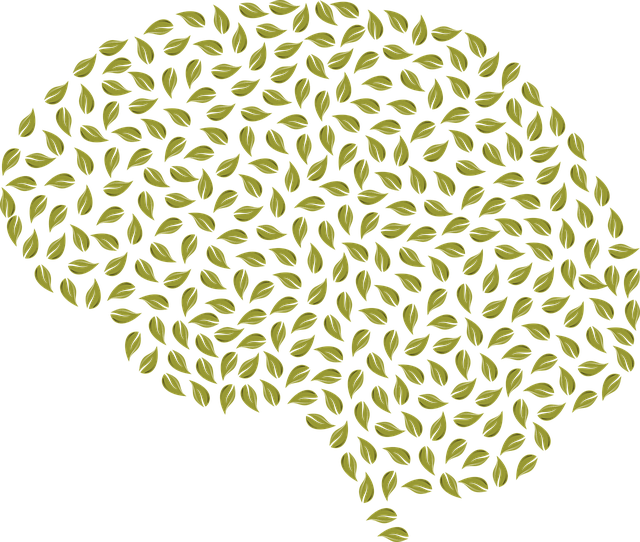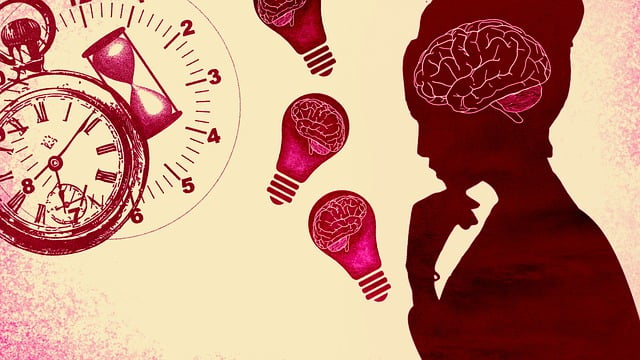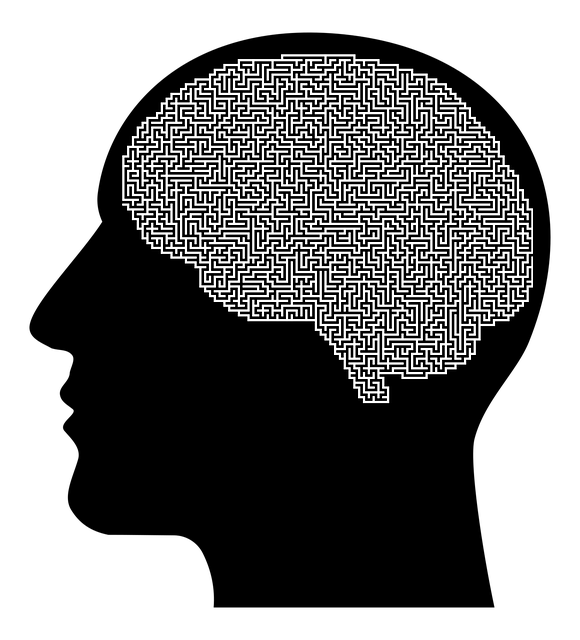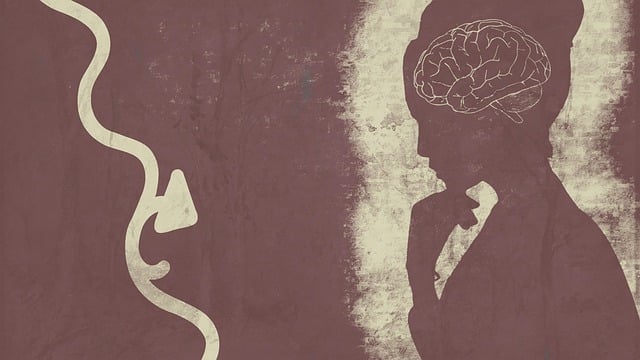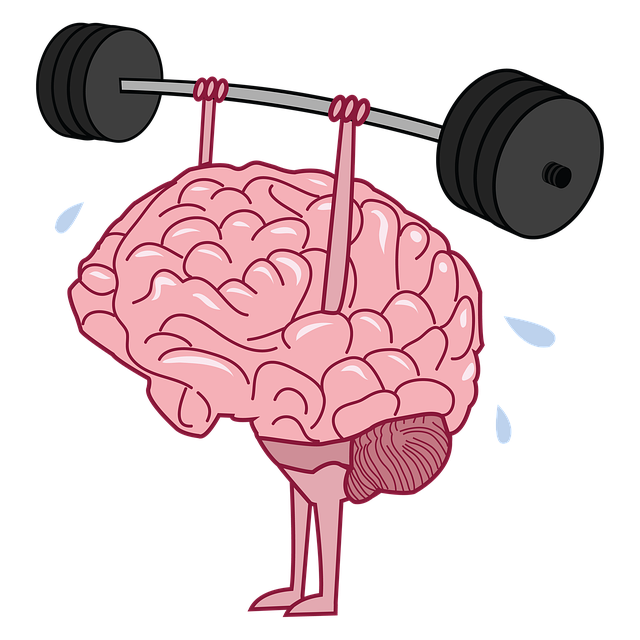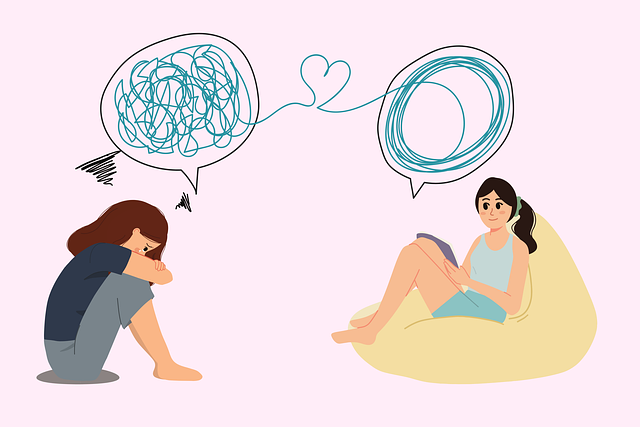Broomfield Learning Disability Therapy emphasizes cultural sensitivity as a cornerstone of effective mental healthcare for diverse communities. By adopting a structured approach, therapists navigate cultural nuances, create inclusive environments, and tailor therapy to individual backgrounds and needs. This model fosters emotional healing, promotes mental wellness, and enhances trust through open-mindedness, active listening, and culturally relevant resources. Tailored training programs and crisis intervention guidance further ensure professionals can address the unique needs of diverse populations, leading to improved outcomes and stronger therapeutic alliances.
“Cultural sensitivity is a cornerstone of modern mental healthcare, ensuring equitable and effective treatment for all. This article explores essential aspects of cultural competency through the lens of the Broomfield Learning Disability Therapy approach. We’ll delve into recognizing diverse belief systems, enhancing communication strategies, and creating inclusive spaces. By understanding and embracing cultural differences, mental health professionals can provide tailored care, fostering better outcomes for a diverse range of clients.”
- Understanding Cultural Sensitivity: The Broomfield Approach
- Recognizing Diverse Belief Systems and Values in Therapy
- Strategies for Effective Communication with Diverse Populations
- Creating an Inclusive Mental Healthcare Environment
Understanding Cultural Sensitivity: The Broomfield Approach

Cultural sensitivity is an essential aspect of providing effective mental healthcare services, especially when working with diverse populations. The Broomfield Learning Disability Therapy approach offers a valuable framework for understanding and addressing cultural nuances in therapeutic settings. This method emphasizes the importance of recognizing and respecting individual cultural backgrounds, ensuring that therapy is tailored to meet their unique needs.
By adopting the Broomfield model, mental health professionals can facilitate meaningful emotional healing processes while fostering mental wellness and health awareness. It encourages therapists to explore and understand cultural beliefs, values, and practices, allowing for a more inclusive and accessible therapeutic environment. This approach ensures that individuals from various cultural backgrounds feel seen, heard, and supported throughout their journey towards improved mental health and overall well-being.
Recognizing Diverse Belief Systems and Values in Therapy

In providing Broomfield Learning Disability Therapy and mental healthcare services, it’s paramount to recognize and respect diverse belief systems and values held by individuals from various cultural backgrounds. Every client enters therapy with their unique set of experiences and perspectives shaped by their culture, religion, and personal history. Therapists must approach each session with an open mind and a willingness to learn about these differences. Understanding cultural nuances enables therapists to create a safe and non-judgmental environment, fostering trust and encouraging clients to explore their mental health concerns openly.
This cultural sensitivity is crucial in tailoring therapy to meet individual needs. For example, some cultures may emphasize community support and holistic healing approaches, while others prefer more direct and individualistic methods. Incorporating elements from the client’s cultural framework into therapy can enhance engagement and effectiveness. This might involve exploring traditional healing practices, incorporating spiritual beliefs into coping strategies, or adapting communication styles to better connect with the client. By doing so, mental wellness coaching programs can developmentally address not just symptoms but also the underlying cultural context contributing to an individual’s mental health journey, ultimately aiming for improved anxiety relief and enhanced mental wellness through journaling exercises guidance.
Strategies for Effective Communication with Diverse Populations

Effective communication with diverse populations in mental healthcare requires a nuanced approach that goes beyond basic language translation. At Broomfield Learning Disability Therapy, we understand that cultural sensitivity is key to building trust and providing meaningful support. Our strategies involve actively listening to patients’ unique experiences, validating their perspectives, and incorporating culturally relevant resources and references. This personalized approach ensures that individuals from various backgrounds feel understood and respected throughout their journey towards healing.
Mental health professionals can enhance communication by participating in tailored training programs focused on cultural competency. These initiatives, such as the Mental Health Education Programs Design, equip practitioners with tools to navigate complex issues arising from cultural differences. Additionally, Crisis Intervention Guidance can be adapted to address the specific needs of diverse communities, fostering a sense of safety and encouragement for those seeking support. Incorporating techniques that promote self-esteem improvement tailored to cultural contexts further strengthens the therapeutic bond between patients and healthcare providers.
Creating an Inclusive Mental Healthcare Environment

Creating an inclusive mental healthcare environment is paramount for ensuring effective and compassionate treatment for all individuals. This involves recognizing and respecting cultural differences, which can significantly impact a person’s experience with mental health issues. At Broomfield Learning Disability Therapy, we prioritize creating a space where every client feels valued and understood. Our approach integrates compassion cultivation practices, fostering an atmosphere of warmth and non-judgment that encourages open communication.
Through the implementation of emotional well-being promotion techniques tailored to individual needs, we facilitate emotional healing processes that are culturally sensitive and holistic. This includes adapting therapeutic methods to align with a client’s cultural beliefs and values, ensuring that traditional healing practices can be incorporated where beneficial. By doing so, we not only improve treatment outcomes but also build trust and strengthen the therapeutic alliance.
Mental healthcare professionals play a pivotal role in fostering inclusive environments that respect diverse cultural beliefs and values. By adopting strategies like those outlined through the Broomfield Learning Disability Therapy approach, therapists can navigate complex cultural landscapes effectively. Recognizing and valuing varied belief systems not only enhances therapeutic outcomes but also ensures every client receives care tailored to their unique background. Creating an inclusive mental healthcare space involves continuous learning, open communication, and a commitment to understanding and embracing differences, ultimately leading to more equitable and impactful support for all.

